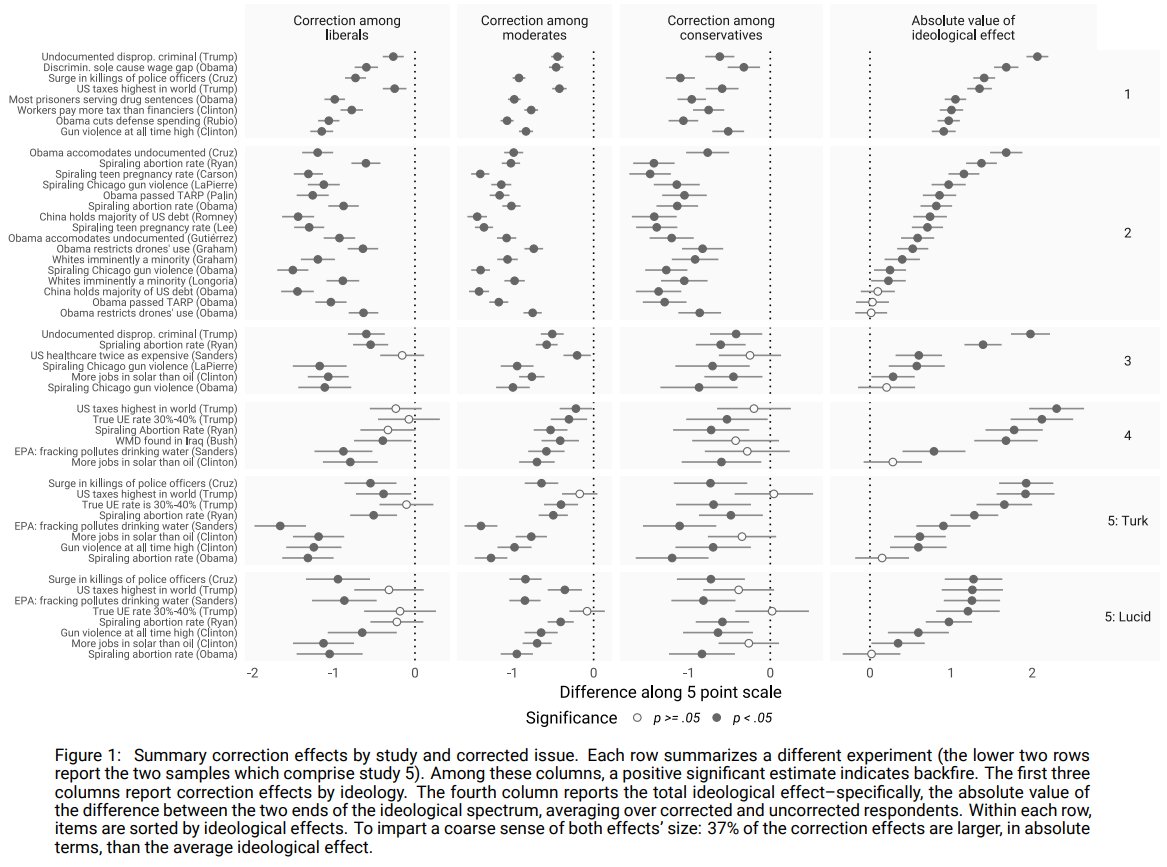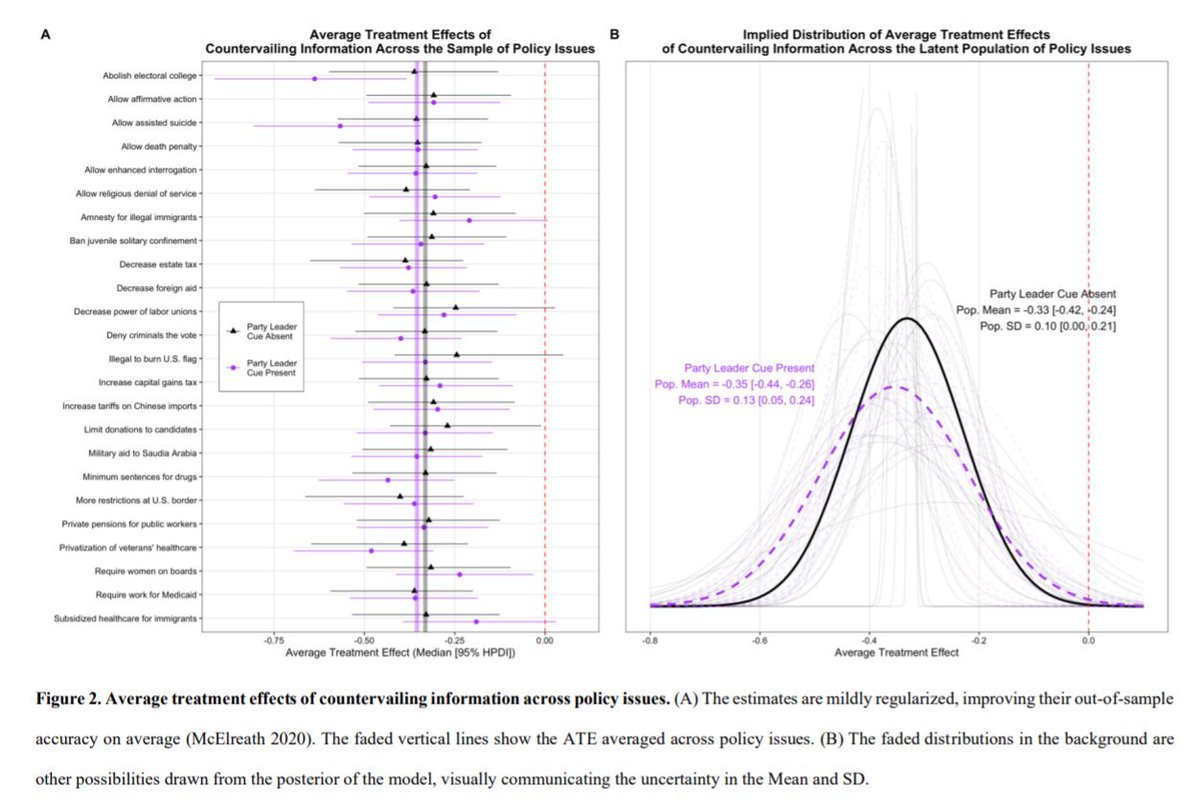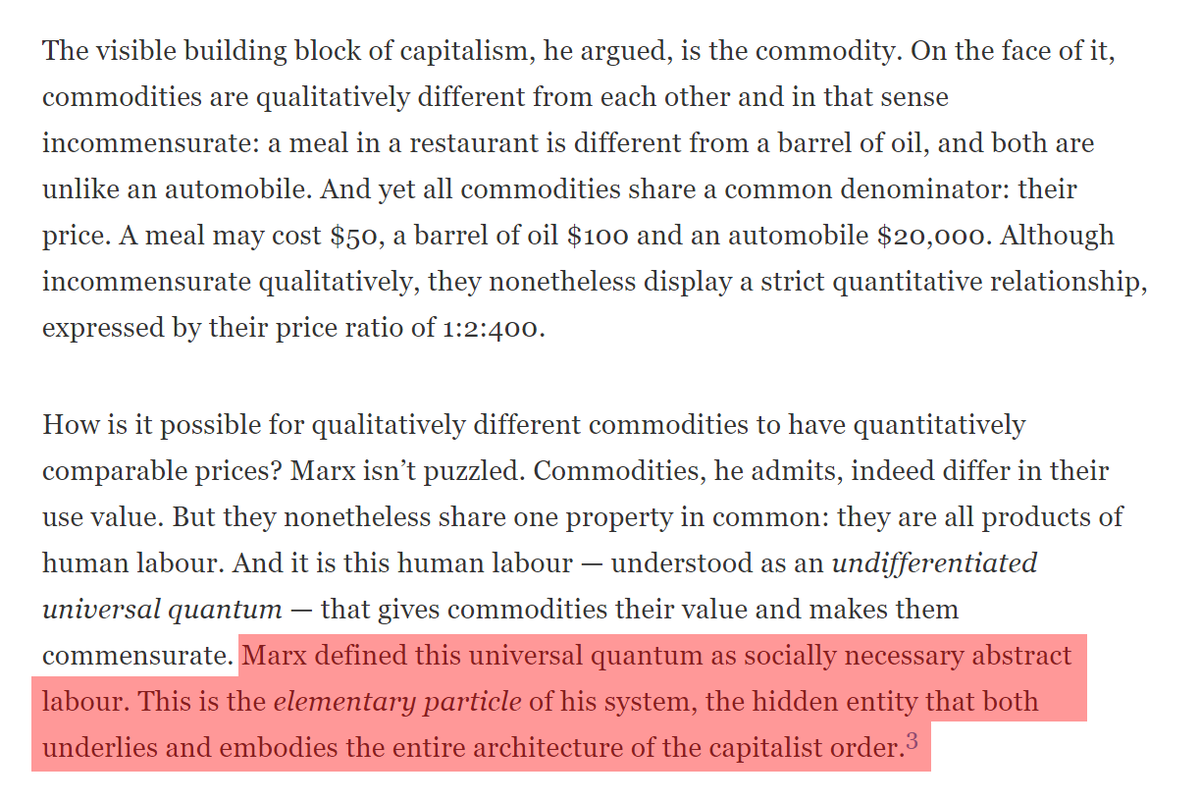
As an interesting comparison, see Stallman 1995: brill.com/downloadpdf/bo…
In the early Islamic period, despite being extremely urbanized, Jews were disproportionately proletariat and petit bourgeoise. It another religious minority that dominated finance: Christians !

In the early Islamic period, despite being extremely urbanized, Jews were disproportionately proletariat and petit bourgeoise. It another religious minority that dominated finance: Christians !


The best explanation for any overrepresentation of Jewish people in finance is simple: Cities!
Finance and trade live in cities. In Europe, few Christian but most Jewish people lived in cities. Excluded from other places + strong religious preferences for cities, as below:

Finance and trade live in cities. In Europe, few Christian but most Jewish people lived in cities. Excluded from other places + strong religious preferences for cities, as below:


In turn, the history of economic development is in large part the history of urban development -- historical GDP per person correlates nearly exactly with historical % urban population.
Literacy, wealth, finance, trade, industry, technical development: Products of the city!
Literacy, wealth, finance, trade, industry, technical development: Products of the city!
I believe that sociological explanations like these should make myths of "Jewish conspiracy" seem unnecessary and vile.
Research supports that point: Disputing the facts of alleged Jewish conspiracies reduces belief in them ("rational" line): sci-hub.st/10.3389/fpsyg.…
Research supports that point: Disputing the facts of alleged Jewish conspiracies reduces belief in them ("rational" line): sci-hub.st/10.3389/fpsyg.…

In general, telling people facts works!
Wood 2018: there is no evidence for a consistent "backfire effect"; telling people facts generally changes their minds; the effect of factual correction is ~1/3 as large as the effect of ideology on stated belief: sci-hub.se/10.1007/s11109…
Wood 2018: there is no evidence for a consistent "backfire effect"; telling people facts generally changes their minds; the effect of factual correction is ~1/3 as large as the effect of ideology on stated belief: sci-hub.se/10.1007/s11109…

This holds true for (at least some) partisan topics with partisan messaging
Tappin 2021: evidence changed minds in a sample of 24 policy issues; no significant difference between "evidence + contrary party leader cue" (purple) vs "evidence alone" (black) psyarxiv.com/247bs/
Tappin 2021: evidence changed minds in a sample of 24 policy issues; no significant difference between "evidence + contrary party leader cue" (purple) vs "evidence alone" (black) psyarxiv.com/247bs/

TLDR:
Socialists should believe material conditions explain social outcomes -- such as urbanization driving Jewish job choices.
Evidence shows that facts really do change minds.
The facts are on our side. We should not shy away from explaining them!
Socialists should believe material conditions explain social outcomes -- such as urbanization driving Jewish job choices.
Evidence shows that facts really do change minds.
The facts are on our side. We should not shy away from explaining them!
• • •
Missing some Tweet in this thread? You can try to
force a refresh


















